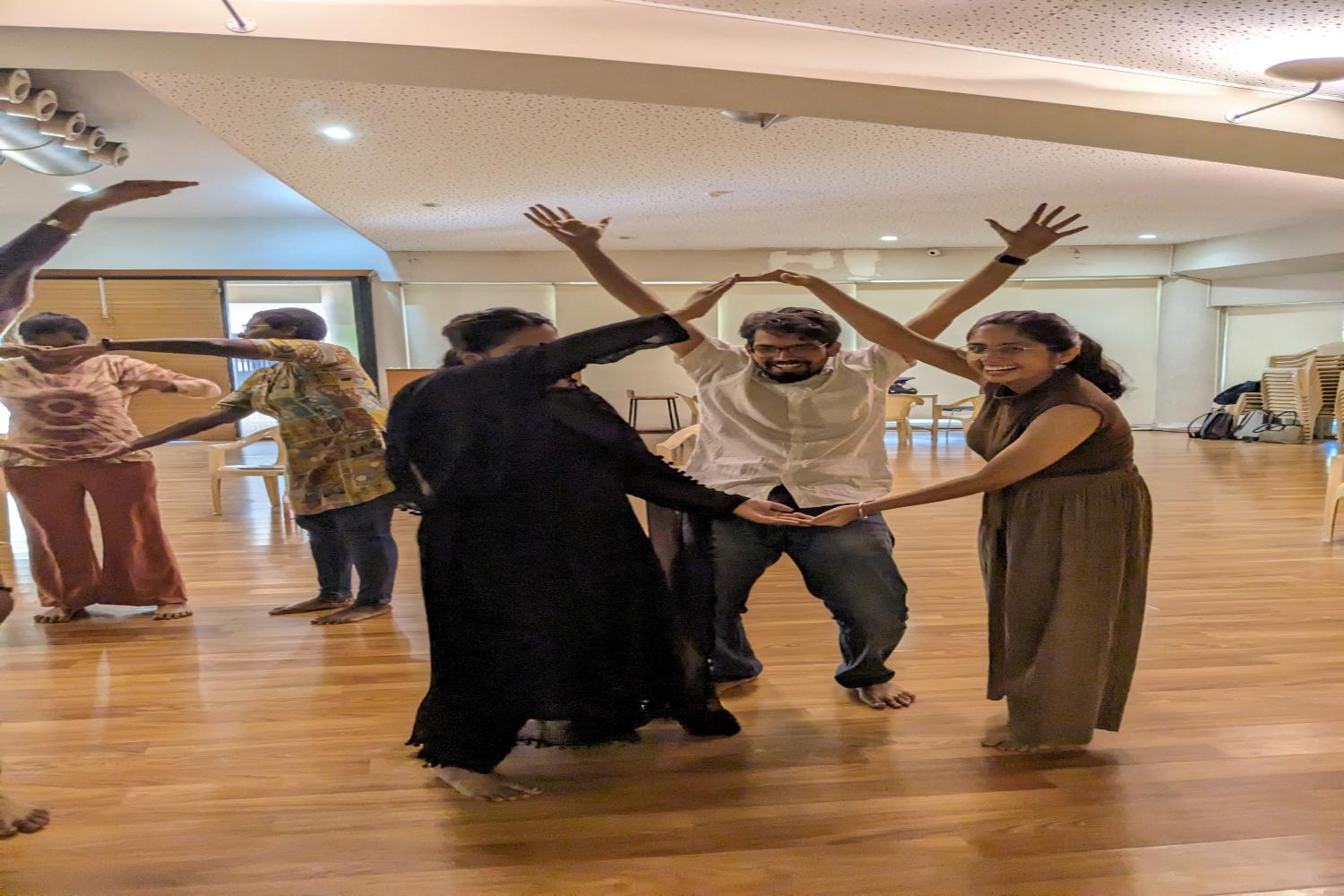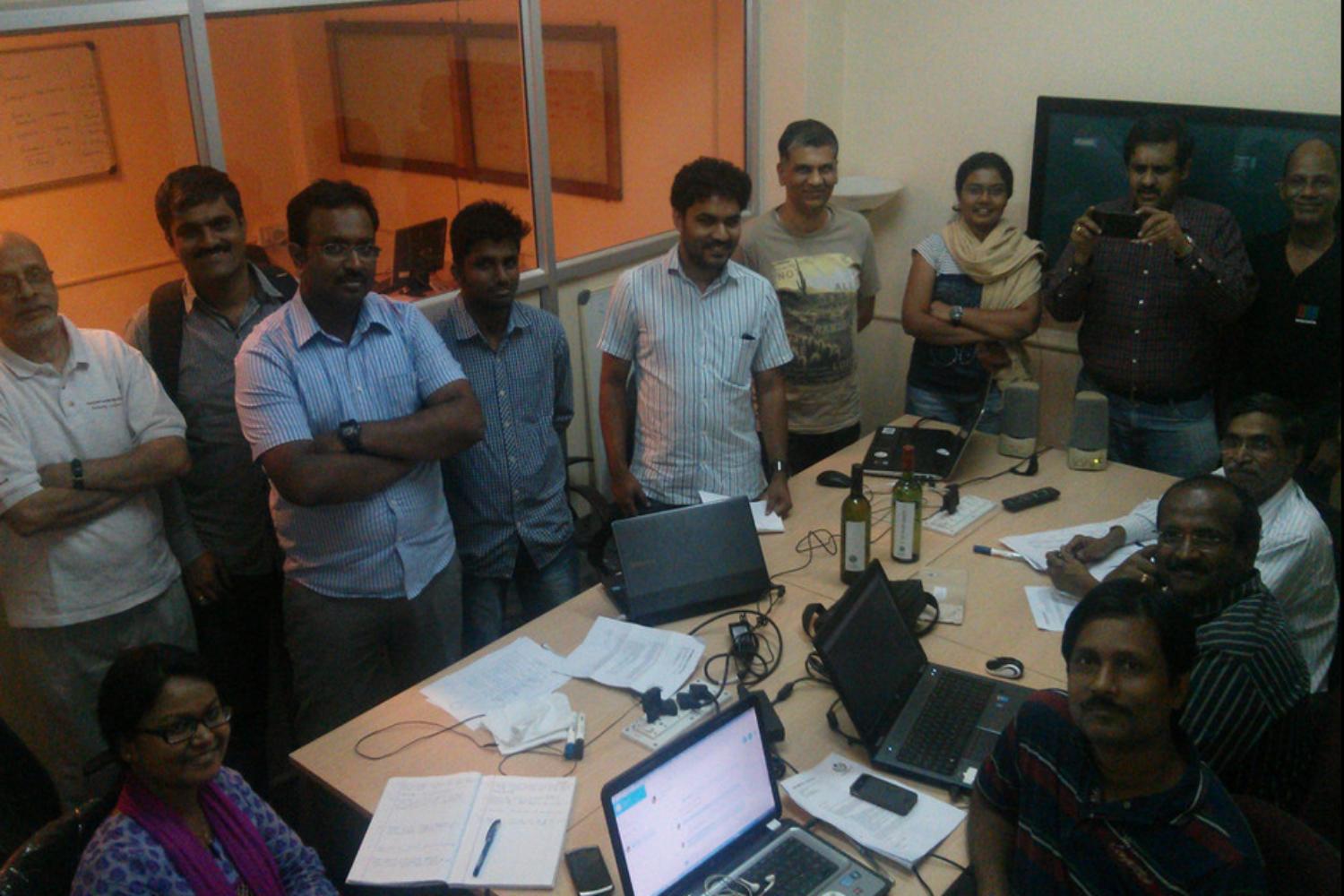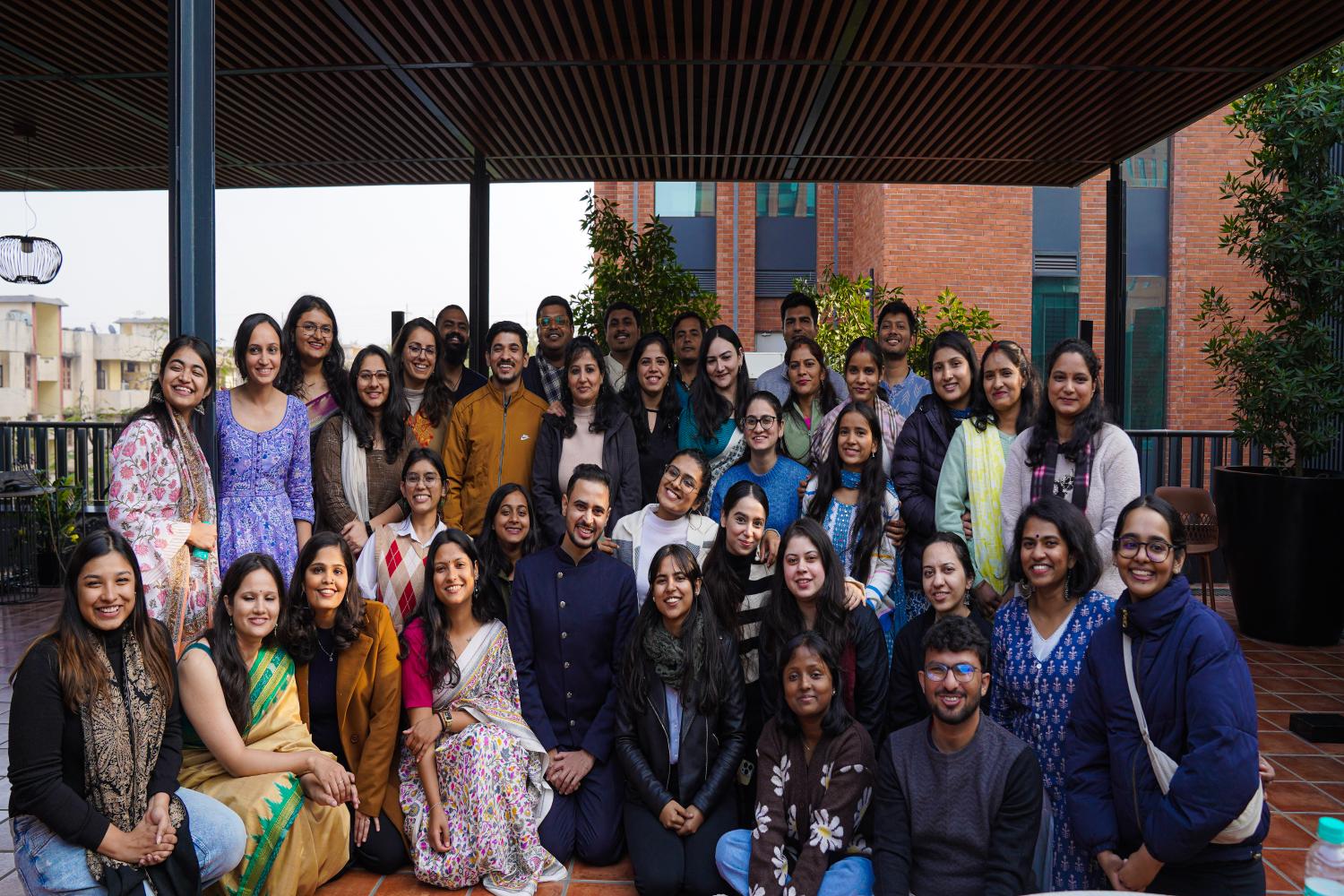People practices in civil society organizations
The current issue of Samuhik Pahal focuses on the theme of people practices in CSOs. It tries to bring in perspectives, and to share strategies and practices, which CSOs across the country are following to build sustainable and humane organizations and create deeper impact.

Traditionally, civil society organizations (CSOs) in India have not focussed that strongly on people practices in their organizations. A part of the explanation has to do with the fact that focusing on people practices was seen to be a part of the corporate heritage. Therefore, implementing consciously formulated human resources policies were not seen as very appropriate for the institutional culture of non-profit, voluntary organizations.
However, things have changed. Many CSOs now focus on people practices. A part of the explanation must take cognizance of the fact that these days CSR funding comprises a large portion of the financial support for nonprofit work in the country. Another reason has been the increasing difficulty in attracting talent. CSOs are feeling the need to have a structured approach to be able to attract and retain talent.
Irrespective of the reasons as to why CSOs have started focusing on people practices now, their explorations in this space involve many interesting journeys and outcomes. Because of the community orientation of many of these organizations, community members have played, and continue to play, important roles in programmatic and organizational initiatives, both as team members and volunteers. This is critical, as it provides depth to the organization’s work and helps in attracting talent in an organic manner.
Another important aspect to the people practices work in non-profits relates to equity. Some organizations are consciously creating flat structures and keeping hierarchies to a minimum. Capping salaries of the heads of the organizations to a certain low multiple of those who are paid the lowest compensation, is a part of the brew.
Trends involving de-credentialization (where relevant work/volunteering experience matters more than degrees/qualifications) are also a part of this process. In many organizations, this is integrally tied to the process of building teams with community members.
Sometimes, members of the community do not have the required credentials and degrees for the job at hand. Recruiting them irrespective of their credentials, and then building their capacities systematically, is a strategy that many organizations are following in a conscious fashion. Therefore, capacity building is slowly emerging as a key part of people practices of CSOs.
Flexibility is another important facet of the emergent architecture of people practices in CSOs. With the experience of the COVID-19 pandemic, it has become evident that many roles in non-profits, such as fundraising and communications, etc., can be performed remotely. CSOs are increasingly resorting to offering remote working opportunities, and other similar elements of flexibility, to attract and retain talent in many key functions.
However, the foundation to all of this is a growing focus on organizational values and culture. In a world, which is increasingly characterized by uncertainty, a shared sense of values, and more importantly values that reflect and ground the mission and vision of the organization, can go a long way in creating organizational cultures that are robust and help in human flourishing.

If small CSOs operating in a ‘project mode’ are to stabilize and establish themselves and evolve into ‘institutions’ that can make long-standing social contributions, this substantially depends on how they are able to attract and retain the right colleagues for the long-term. This includes helping them grow and learn, motivating them, and compensating them fairly, and not just financially so.
This process must also involve creating an organizational culture that supports individuals coming together as a team with a common vision. Thinking through, implementing and continuously upholding appropriate people practices is a crucial enabler in creating and sustaining such a vision, and in translating it into practice on the ground.



No approved comments yet. Be the first to comment!